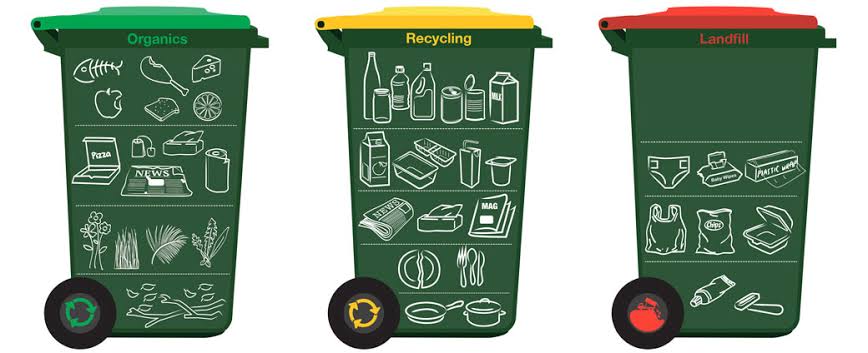An exemption allowing plastic waste exportation has been granted as Australia’s recycling infrastructure struggles with processing demands due to a lack of facilities.
Australian Environment Minister, Tanya Plibersek has announced a temporary lift of the nationwide ban on plastic waste exportation.
The ban was agreed on by all Australian governments in 2020, and restricted waste being exported overseas, primarily to China, for processing.
“The exemption was granted to make sure it is recycled and does not end up in landfill,” Ms Plibersek told the ABC.
Ms Plibersek has lifted the ban for one year to ease waste stockpiling issues in Australia. The new exemption has been granted to allow the exportation of polyethylene terephthalate (PET) waste plastic to be processed and recycled into new products overseas.
These recyclable PET plastics include milk cartons, vegetable oil containers and soft drink bottles.
Waste Management and Resource Recovery Association chief executive, Gayle Sloan said the exemption would hopefully give the industry enough time to build infrastructure to process Australian waste.
According to the Australian Bureau of Statistics, in 2020 Australia produced 2.5 million tonnes of plastic waste. Of that, only 9 per cent went to recycling. Plastics also had the lowest recovery rate with a high proportion being sent to landfill.
Data from Australian Bureau of Statistics.
Soon after the ban was enforced in 2020, Australia’s largest soft plastic recycling program REDcycle collapsed, causing many soft-plastic collection points to be stockpiled rather than recycled.
Waste companies at the time had cautioned the government that they were not prepared to handle Australia’s waste alone and would have to send recyclable plastics to landfill.
At the time the Liberal Party promised to have 70 per cent of all plastic packaging recycled by 2025.
However, Ms Pilbersek said that Australia has been stuck below 20 per cent for years.
“Recycling infrastructure in Australia does not meet our current needs,” Ms Pilbersek said.
Whilst Australia is struggling with our plastic backlog, data from Cleanaway Recycling Behaviours Research, last year showed that Australia’s population is waste-informed and environmentally conscious.
Data from Cleanaway Recycling Behaviours Research.
The recent Covid-19 pandemic also saw many Australians’ behaviour encounter subtle environmental changes, with between six to 16 per cent of people becoming more environmentally aware around the home during the pandemic.
The most notable behaviours during the pandemic were people growing their own vegetables, seeking out environmentally sustainable brands, and shopping locally whilst seeking out Australian-made products.
Data from Cleanaway Recycling Behaviours Research, 2022.
The same data also shows that Australians 55 and over are consistently more engaged in sustainable behaviours across the board.
Additional reporting: Tobias Kruys

